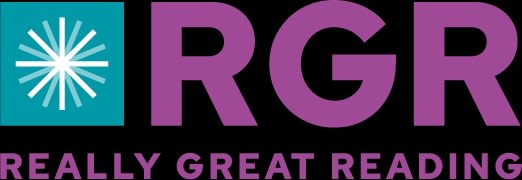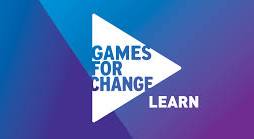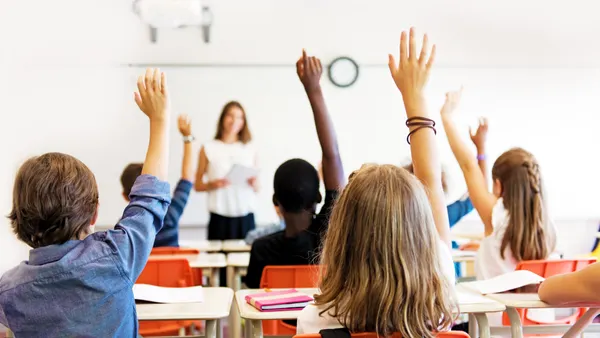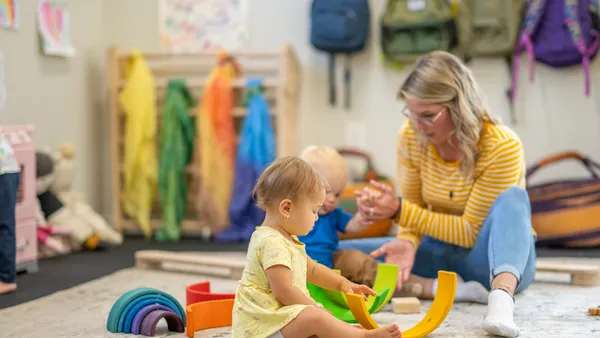When Dagim Yeshiwas first joined the bocce team at the District of Columbia's Barnard Elementary School this past winter, the 4th grader was motivated to "try new things" and play a fun new sport with his friends, as well as to meet classmates he didn't know.
"Some of the other people that were on the team, I didn't really know that much, but I got to know them when we were on the team," Dagim said.
Another highlight for Dagim: the school's first and second place finish at the Feb. 25 Special Olympics Unified Bocce Championship where they competed against seven other elementary school teams from across Washington, D.C.
When asked how it felt to be champion, Dagim said, "I felt amazed. I really thought we wouldn't win anything."
Winning, actually, wasn't the biggest goal the team had, said Kader Nsiri, the Special Olympics certified head coach at Barnard and a special education teacher at the school. The other ambitions for the school’s participation in Special Olympics Unified Sports include opportunities to develop students' skills and knowledge in acceptance, inclusion, diversity, leadership, collaboration, game strategy, physical exercise and camaraderie.
Having fun is also a priority, Nsiri said.
"It brings joy to students who think that they don't have a chance to participate on teams or sports in school or sports in general, they have a chance to participate — and most of the time, if I don't say all the time, they enjoy it," Nsiri said.
The Special Olympics Unified Sports teams at Barnard have athlete participants who have disabilities and partner participants who are students without disabilities. Students of all abilities are welcome to join the sports teams, which emphasize inclusion, self-confidence and belongingness. The teams' activities also aim to prevent bullying, exclusion and stigmas.
"It's more than just the sports," said KeKyua Brock, unified champion schools program manager for Special Olympics in the District of Columbia. "We have inclusive youth leadership, we have full school engagement, and these are things that are really developing these young humans into being well-rounded contributors to their school community and society."

'Only the best is good enough'
Barnard Elementary's motto is "Only the best is good enough," with college pendants hanging on walls throughout the school — including in the gymnasium. There are about 600 pre-K-5 students, and the school's enrollment is growing with a new classroom wing expected to start construction shortly.
About 45% of the student population is Hispanic, 41% Black and 10% White. Special education students make up about 18% of the school's student body.
Some 20 students in the 3rd, 4th and 5th grades participate on the school’s co-ed bocce team.

Carter Sewell, a 4th grader, said she joined the team so she could play alongside her classmates with and without disabilities. As for the game, Carter said, "It's just there's a lot of steps to it. You have the jack, then the pieces and the scoring is kind of just weird."
The jack, or Pallino, is a small target ball, and each team's player rolls a larger ball as close to the jack as possible. Points are gained by having your team's balls nearest to the jack. The first team to gain a certain number of points wins.
Will Crick, a physical education teacher at Barnard, incorporated bocce game skills into the school's P.E. curriculum this year so the team players could hone their skills, and so even students who weren't on the bocce team could learn the game. The team would also squeeze in practices during lunch and recess.
Crick said bocce is an ideal inclusive sport because competition isn't based on who is fastest or strongest.
"We have a lot of different types of learners… so we want to be, obviously, inclusive and use differentiation," he said.
Crick added track and field skill development in P.E. classes this year, because the school has a Special Olympics Unified relay team. That team placed first in its competition on May 23.
Tahlil Gregory, a 5th grader and member of the relay team, said he likes running and winning.
In the relay competition, he liked hearing everyone cheer for the runners. He said the competition was tough as he raced against another team's player. "He was so fast, but I caught up.”













